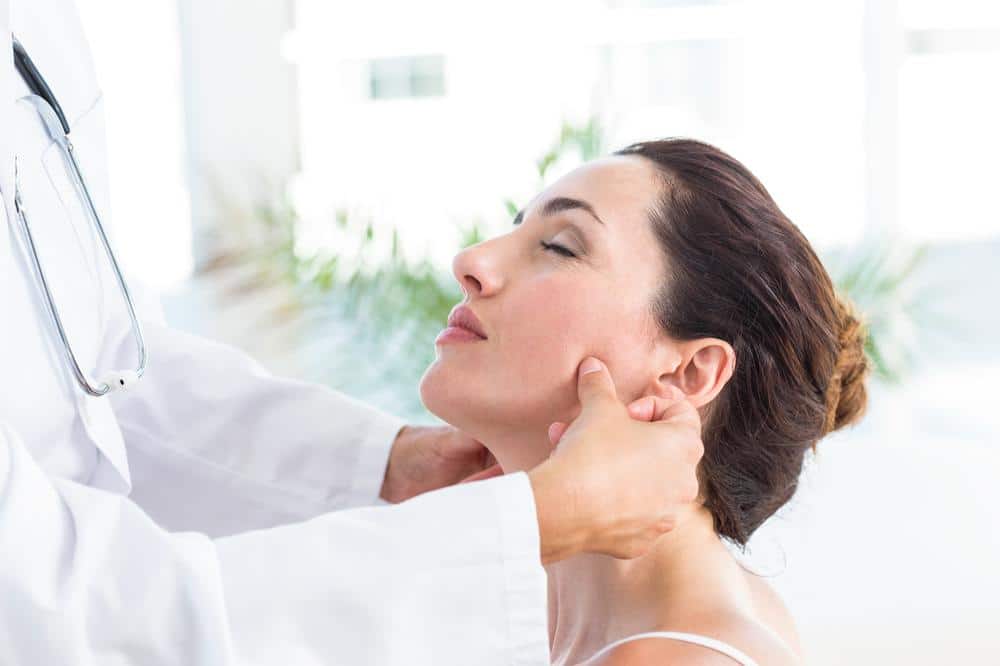
TMJ Risk Factors & Diagnosis
Experiencing Jaw Pain? We Can Help
Jaw pain is very common—according to a recent study by the National Institute of Dental Research and Craniofacial Research, about 11-12 million adults in the U.S. report that they experience jaw pain. At Virginia Sleep & TMJ Therapy, we work with Angus Dentistry to help restore the quality of life in patients with TMJ disorders. Together we take a holistic approach, taking into account a person’s entire health history and identifying TMJ risk factors and other symptoms to help them find relief.
What Causes TMJ Disorders?
The exact causes of TMJ are unknown, and in some cases, there are no clear causes. It can come on suddenly or gradually, and pain can be mild to chronic. TMD is thought to be caused by a variety of factors, including:
Risk Factors Of TMJ Disorders
Though the exact causes of TMJ are unknown, research shows that certain people are more likely to develop the condition than others.

TMJ Disorders And Sleep Apnea
People with sleep apnea often also experience TMD and vice versa. This is because changes in jaw position can cause the airway to become obstructed during sleep. According to a study published in BMC Musculoskeletal Disorders, 90% of patients with TMD reported poor sleep quality. Additionally, TMD and sleep apnea can cause similar symptoms, such as headaches, fatigue and difficulty sleeping.
Get Started With Your TMJ Treatment
We understand that TMD is a complex medical condition that can involve a variety of symptoms and affect different areas of the body. It can cause mild or severe pain that can be either constant or come and go. No matter your specific symptoms, we can help you find relief. If you experience jaw pain or other symptoms, schedule an appointment on our website or call us at 804.729.3474.

